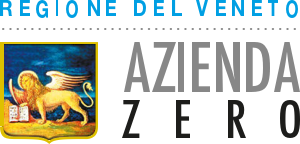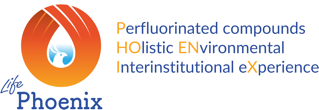Publication of the "Zürich statement on future actions on per- and polyfluoroalkyl substances (PFASs)" - Life Phoenix

On November 9-10, 2017 the Safety and Environmental Technology Group at ETH Zurich in Switzerland hosted an international workshop to support dialogue between scientists and regulators on per- and polyfluoroalkyl substances (PFASs).
Over 45 invited participants attended the two-day event, including academic and government scientists from a wide range of fields and regulators from many countries and organizations. The workshop started with presentations from participants to summarize the current state of the science and policy regarding PFASs. Among the invited scientist there was also dr. Sara Valsecchi from CNR-IRSA, partner of LIFE-PHOENIX project, who presented the project aims and first results.
This expert group have jointly outlined a set of needs, goals, and actions to help assess and manage the diverse and widely used group of per- and polyfluoroalkyl substances (PFASs) in the future. The Statement has been published in the open access journal Environmental Health Perspectives.
The Statement stresses that, while well-known legacy PFASs such as perfluorooctanoic acid (PFOA) and perfluorooctanesulfonic acid (PFOS) have been investigated extensively and regulated over the past two decades in response to their identified hazardous properties, very little information exists regarding the current uses and potential hazards of many other PFASs.
Specifically, the Statement calls for increased collaboration in efforts such as gathering information to fill critical data gaps, developing novel schemes to focus on highly (or very highly) persistent chemicals, and conducting joint assessments for groups of PFASs.
The Statement builds upon earlier calls made by scientists regarding PFASs in the Madrid Statement in 2015 and in the Helsingør Statement in 2014. In these statements, a precautionary approach is promoted for the use of PFASs as well as a transition towards the development and use of less persistent or non-chemical alternatives.
The Zürich Statement is currently open for signatories on the project page of the IPCP's website.
Questo sito fa uso di cookie (tecnici e analitici ad essi assimilabili) per migliorare l'esperienza di navigazione degli utenti e per raccogliere informazioni sull'utilizzo del sito stesso. Oltre ai precedenti il presente sito contiene componenti di terze parti (Facebook, Twitter, Google) che utilizzano cookie di profilazione a scopi pubblicitari per i quali e' necessario prestre il consenso. Proseguendo nella navigazione nel sito si accetta l'uso di tutti i cookie di terze parti precedentemente elencati.

